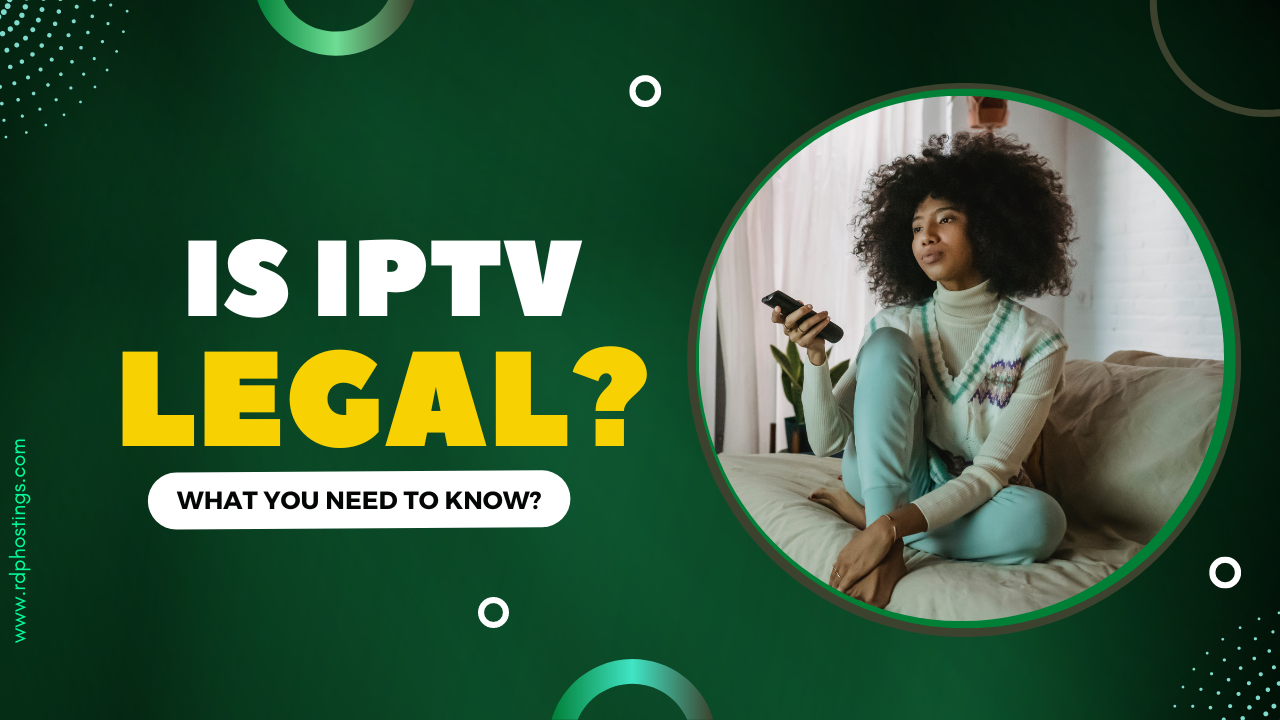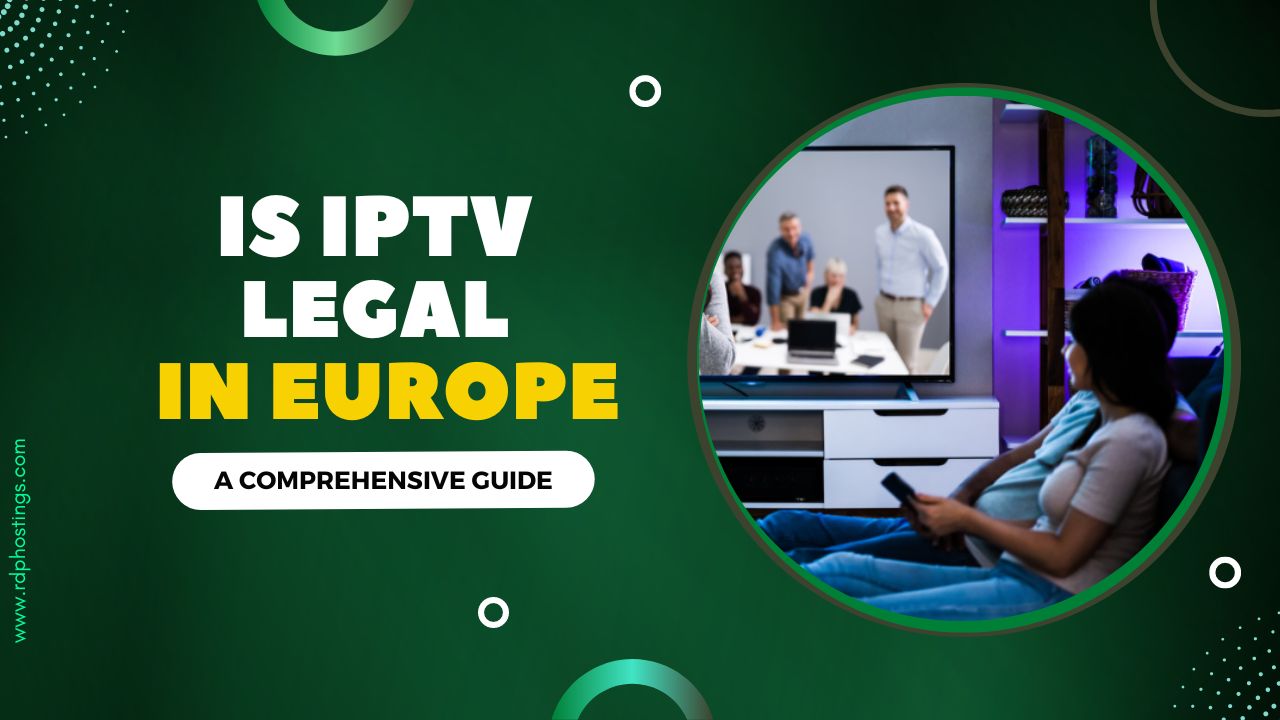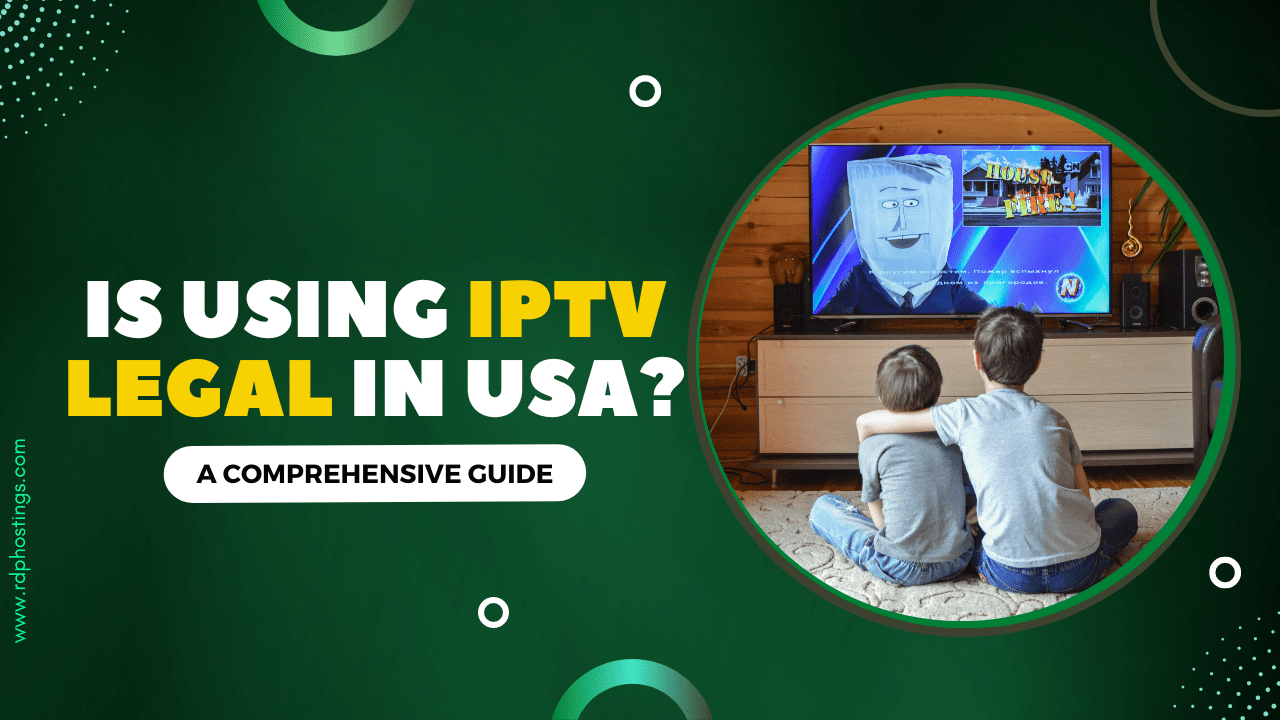Nowadays our TV screens have undergone a remarkable evolution. Gone are the days when we had just a handful of cable channels to choose from. The advent of Internet Protocol Television, commonly known as IPTV, has revolutionized the way we consume our favorite shows and movies.
But here’s the burning question on everyone’s mind: Is IPTV legal?
If you’re intrigued and want to uncover the truth about the legality of IPTV services, you’ve come to the right place.
In this article, we’ll share deep information about the world of IPTV, exploring its legal aspects, potential pitfalls, and everything you need to know to make informed decisions about your TV entertainment.
So, keep reading to get the full scoop on the fascinating world of IPTV. You won’t want to miss this eye-opening journey!
What is IPTV?
IPTV stands for Internet Protocol Television, a technology that allows users to access TV content through an internet connection instead of traditional cable or satellite services.
It delivers TV programs and movies via the internet, enabling users to stream content on their devices, such as smartphones, tablets, smart TVs, and computers.
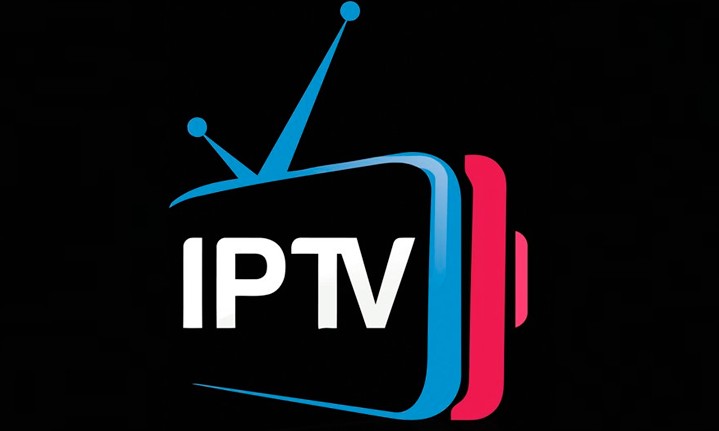
However, the IPTV landscape isn’t without its shadows. Some providers offer access to copyrighted content without the proper permissions, making them illegal.
Users who engage with these illicit services may unknowingly be participating in copyright infringement, which can lead to severe legal consequences.
From my point of view, IPTV, in its essence, is a revolutionary way to access television content. Legal IPTV services abide by the law, offering a legitimate alternative to traditional cable and satellite providers.
But as with any innovation, there are gray areas and potential pitfalls. To navigate the world of IPTV confidently, it’s crucial to stay informed about the legal aspects and choose your service providers wisely.
In the following sections, we’ll delve deeper into these legalities and provide valuable insights to help you make informed decisions regarding IPTV streaming.
Stay tuned to learn more about this exciting digital frontier.
There are three main types of IPTV services:
- Live IPTV – Streaming live TV broadcasts.
- Time-Shifted Media – Watching previously aired shows.
- Video on Demand (VOD) – Accessing a library of videos.
How Does IPTV Work?
Understanding how Internet Protocol Television (IPTV) functions is essential to grasp the intricacies of this innovative way of accessing television content.
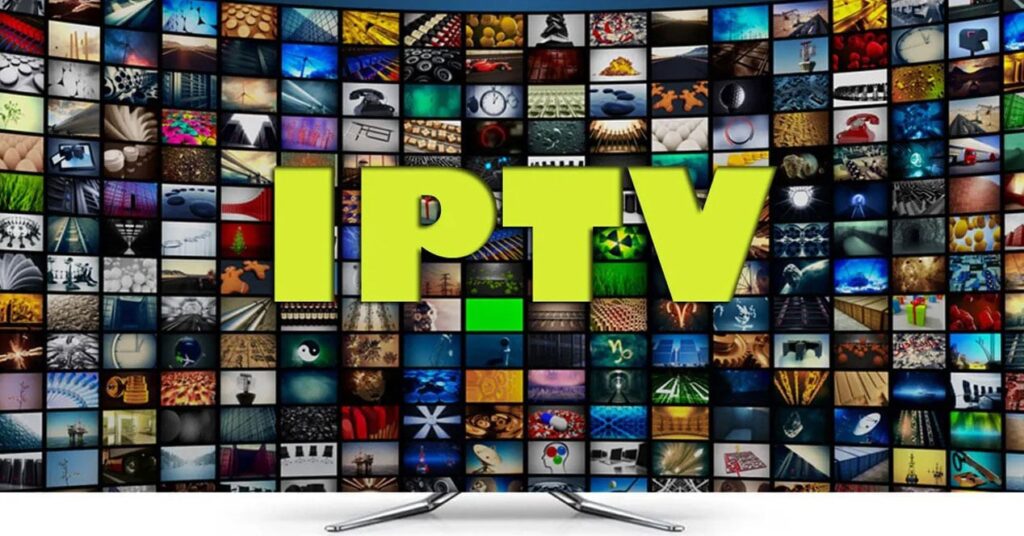
Now, we will dive deep into the technical aspects of IPTV, providing you with a comprehensive understanding of its inner workings.
The Basics of IPTV
At its core, IPTV relies on the Internet Protocol (IP) to transmit television signals. Unlike traditional cable or satellite TV, which involves the broadcast of signals through physical cables or satellite dishes, IPTV utilizes the power of the internet to deliver audio and video content.
The Transmission Process
Here’s a simplified breakdown of how IPTV delivers content to your screen:
Two Types of IPTV
There are two primary types of IPTV, each with its own set of advantages:
- Live IPTV: Live IPTV allows you to watch TV channels in real-time, just like traditional cable or satellite TV. You can tune in to live broadcasts, including news, sports events, and more. Live IPTV is perfect for those who want to stay up-to-date with current events as they happen.
- Video-On-Demand (VOD): VOD IPTV gives you the flexibility to choose what you watch and when you watch it. You can access a library of movies, TV series, and other content and stream them at your convenience. VOD IPTV is ideal for those who prefer to binge-watch their favorite shows or enjoy movies on their schedule.
Understanding how IPTV works lays the foundation for making informed choices regarding your TV entertainment. As we continue to explore the legal aspects and other essential considerations of IPTV, you’ll gain a comprehensive view of this exciting digital television landscape.
Is IPTV Legal?
IPTV (Internet Protocol Television) is legal in most parts of the world. However, not all IPTV services are legal. In order to be legal, an IPTV service must have the proper licenses for the content it is streaming. Illegal IPTV services do not have these licenses, and they are often infringing on copyright laws.

There are a number of risks associated with using illegal IPTV services:
If you are considering using an IPTV service, be sure to do your research to make sure that it is legal. Only use services that have the proper licenses for the content they are streaming.
Here are some tips for avoiding illegal IPTV services:
Grey Area and Piracy
While there are legal IPTV providers, the industry also has a dark side. Some IPTV services offer access to copyrighted content without the necessary permissions, making them illegal. Users who access such services may unknowingly be participating in copyright infringement.
Legal Consequences
Engaging in illegal IPTV services can lead to legal consequences, including fines and even imprisonment in some cases. Content owners and law enforcement agencies are actively cracking down on illegal IPTV providers and users.
How to Identify Legal IPTV Services?
There are a few things you can look for to identify legal IPTV services:
Check for Licenses
Legitimate IPTV providers will have licenses and agreements with content creators and broadcasters. Check their website or terms of service for information regarding their licensing.
Research Reviews
Look for reviews and user feedback online. Legal IPTV services often have positive reviews and a strong online presence, while illegal services may have a more underground reputation.
Customer Support
Legal IPTV providers typically offer customer support and clear communication channels. Illegitimate providers may lack customer support and reliable contact information. If you are still unsure whether an IPTV service is legal, it is best to err on the side of caution and avoid using it.
Conclusion
In conclusion, IPTV itself is not inherently illegal. Legal IPTV services exist and provide a convenient way to access TV content. However, it is essential to be cautious and do your research when choosing an IPTV provider.
Engaging in illegal IPTV activities can have severe legal consequences. Always opt for reputable, licensed IPTV services to ensure you stay on the right side of the law.
FAQs
Is IPTV legal in my country?
The legality of IPTV varies by country. Some countries have stricter regulations than others. It’s crucial to research the laws in your specific region.
Are all IPTV services illegal?
No, not all IPTV services are illegal. Many legitimate providers operate within the boundaries of the law. It’s essential to distinguish between legal and illegal services.
What are the risks of using illegal IPTV services?
Using illegal IPTV services can lead to legal consequences, including fines and imprisonment. Additionally, you may unknowingly support copyright infringement.
How can I protect myself from illegal IPTV services?
To protect yourself, research IPTV providers thoroughly, check for licenses, and read user reviews. Choose a reputable and legal service to avoid legal troubles.
Can I report illegal IPTV services?
Yes, you can report illegal IPTV services to the appropriate authorities or content owners. Reporting such services helps in curbing piracy and copyright infringement.

